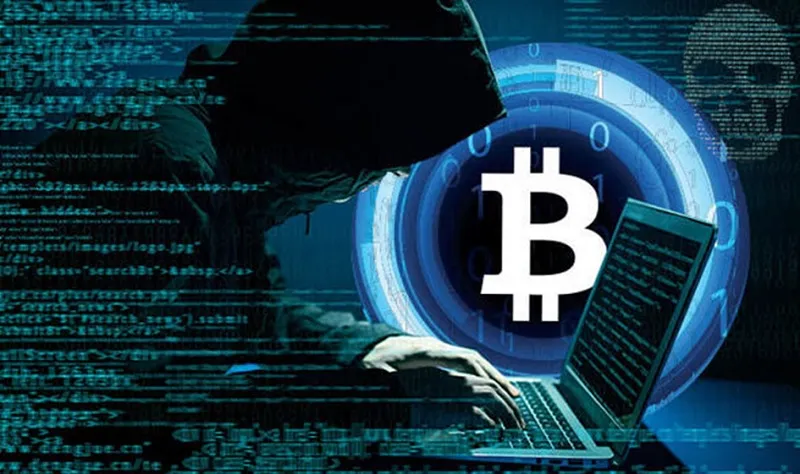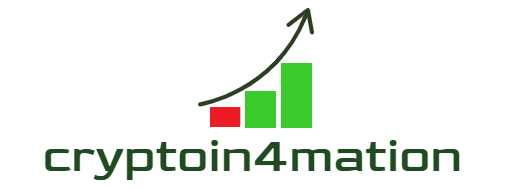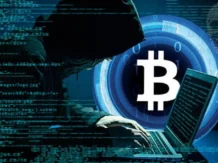Introduction
In the dynamic world of cryptocurrencies, where the promise of financial sovereignty beckons, securing your digital assets is of paramount importance. Central to this security is the proper management of crypto wallets, the digital containers that hold the keys to your virtual fortune. In this guide, we’ll delve into the critical aspects of crypto wallet security and provide practical tips to fortify your defenses against potential threats.
Understanding Crypto Wallets
Before we explore security measures, it’s crucial to understand the two main types of crypto wallets:
- Hot Wallets:
- Connected to the internet, hot wallets are convenient for regular transactions. They include online wallets, mobile wallets, and software wallets.
- Cold Wallets:
- Not connected to the internet, cold wallets provide enhanced security. Examples include hardware wallets and paper wallets.
Key Security Measures
1. Choose Secure Wallets:
- Opt for reputable wallets from trusted developers. Research and read reviews to ensure the wallet has a solid track record for security.
- Consider storing a significant portion of your holdings in a hardware wallet. These physical devices provide an extra layer of security by keeping your private keys offline.
3. Backup Your Wallet:
- Regularly backup your wallet’s seed phrase or private key. Store these backups securely in multiple locations, ensuring you can recover your funds in case of device loss or failure.
4. Enable Two-Factor Authentication (2FA):
- Add an additional layer of protection by enabling 2FA whenever possible. This requires a secondary verification step, typically through a mobile app.
5. Keep Software Updated:
- Regularly update your wallet software and any associated applications. Developers frequently release updates to patch security vulnerabilities.
6. Beware of Phishing Scams:
- Be cautious of phishing attempts, where malicious actors try to trick you into revealing your private keys. Always double-check URLs, emails, and messages for authenticity.
7. Secure Your Devices:
- Ensure the security of the devices you use to access your wallet. Use strong, unique passwords, install reputable antivirus software, and keep your operating system up to date.
8. Diversify Your Holdings:
- Consider spreading your cryptocurrency holdings across multiple wallets. This reduces the risk associated with a single point of failure.
9. Public Wi-Fi Caution:
- Avoid accessing your wallet on public Wi-Fi networks, as they may pose security risks. If necessary, use a virtual private network (VPN) for an added layer of protection.
10. Educate Yourself:
- Stay informed about the latest security threats and best practices. Being aware of potential risks empowers you to take proactive measures.
Preventing Cryptocurrency Wallet Fraud:
- Education: Users should educate themselves on common security threats and be cautious of phishing attempts and suspicious links.
- Secure Passwords: Use strong, unique passwords for wallet accounts and enable two-factor authentication where possible.
- Hardware Wallets: Consider using hardware wallets for storing significant amounts of cryptocurrency, as they provide an extra layer of security.
- Regular Updates: Keep software and antivirus programs up-to-date to protect against malware.
- Security Audits: Before using a new wallet or smart contract, conduct thorough security audits or use reputable, well-audited solutions.
Conclusion
Crypto wallet security is an ongoing commitment to safeguarding your digital assets. By implementing these security measures and staying vigilant, you can significantly reduce the risk of unauthorized access and potential loss. Remember, the decentralized nature of cryptocurrencies puts the responsibility for security squarely in your hands. Taking the time to fortify your crypto wallet ensures that you can enjoy the benefits of digital wealth without compromising your financial sovereignty.
Fortifying the security of your cryptocurrency wallet is not just a prudent measure; it’s a fundamental aspect of navigating the future of finance with confidence. Whether opting for hardware wallets, implementing MFA, staying vigilant in public environments, or reviewing transaction details, each step contributes to the robust security of your digital assets. As the cryptocurrency landscape evolves, so should our security measures. Embrace the journey ahead with a fortified defense, secure your financial autonomy, and revel in the promise of decentralized financial empowerment. Stay secure, stay confident, and navigate the exciting crypto frontier with resilience.
Staying informed about these cases and implementing robust security practices is crucial in safeguarding cryptocurrency assets. The crypto community continues to work towards improving security measures to mitigate the risks associated with wallet fraud and other security breaches.






[…] Security: Decentralization reduces the risk of centralized hacks that have plagued traditional exchanges. Users have more control over their assets, reducing the likelihood of unauthorized access. […]
[…] Security and […]